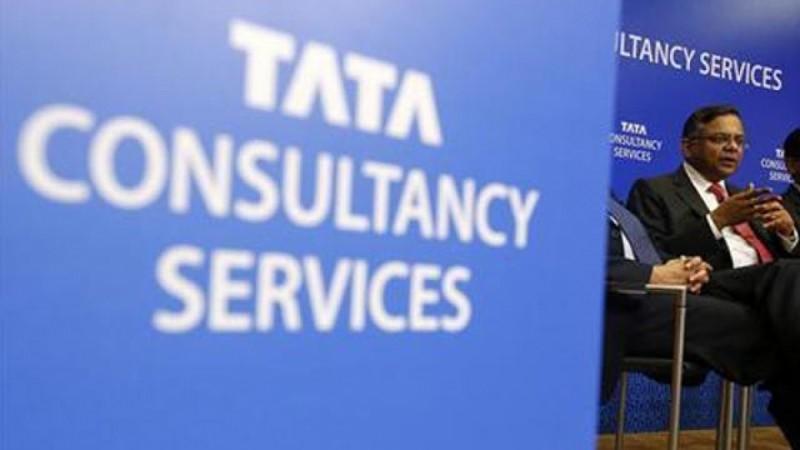
India's biggest software services company Tata Consultancy Services Ltd said on Tuesday it was looking to sustain double-digit revenue growth this fiscal year, even as it flagged stress in global capital markets, especially in European banks.
TCS, like its peers in the over $150 billion Indian IT services sector, is heavily dependent on clients in North America and Europe.
"I'm really not looking for acceleration," Chief Executive Officer Rajesh Gopinathan told reporters in Mumbai after the company posted first-quarter results.
He said the company was looking to maintain its revenue growth rate at "double-digits".
Mumbai-based TCS, which beat first-quarter profit estimates, reported a drop in margins to 24.2% from 25% a year earlier.
The IT services industry in India is battling higher wage costs. TCS said in its regulatory filing that it had added 12,356 employees in the quarter ended June 30, its highest in five years.
"Our margins this quarter fully reflect the annual increments that we effected across the board in April," TCS Chief Financial Officer V Ramakrishnan said in a statement.
Net profit for the quarter rose nearly 11% to 81.31 billion rupees ($1.19 billion), helped by strong performance across all business, including the key banking, financial services and insurance (BFSI) unit.
Analysts on average had expected the company to report a profit of 78.24 billion rupees, according to Refinitiv data.
TCS, India's second-most valuable company, downplayed reports of a potential capping of H1-B work visas by the United States. Like rivals, TCS sends its engineers to work on client's projects across the world, with the United States among its most important markets.
Total revenue for the first quarter rose 10.6% in constant currency terms, led by a strong performance in the BFSI segment.
The BFSI unit expanded 9.2% in constant currency terms, lower than the double-digit growth reported in the fourth quarter.
TCS shares closed down 1.9% on Tuesday in a flat Mumbai market. The company released its results after regular trading hours.

















